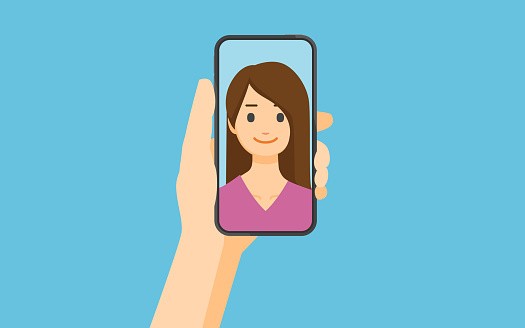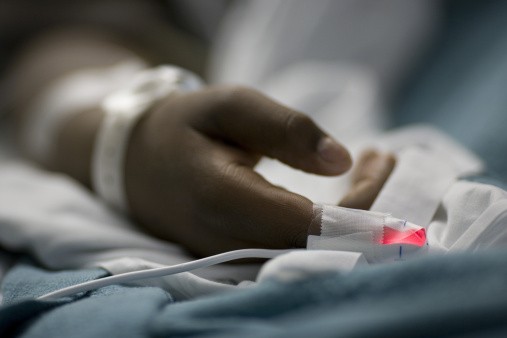Selfies have the potential to reduce overall healthcare costs for people who just underwent surgery, according to a recent study.

CTV News Canada reports that these so-called "surgery selfies" can be used to help identify infections early, which can eventually lead to a decrease of post-surgical complications.
The study, which was conducted by a team of researchers from the University of Edinburgh in Scotland (and published in the journal NPJ Digital Medicine), states that these "surgery selfies" have proven effective in improving medical advice from doctors to their patients.
Study co-lead Dr. Kenneth McLean also states that these selfies could likely be part of the "new normal."
In a press release, Dr. McLean mentioned how the pandemic has largely affected the healthcare sector as a whole. Remote consultations are becoming more and more common, and the study has shown that physicians can remotely monitor patients while they recover at home following an operation.
How Did The Study Go About?
A total of 429 adult patients were observed in the study, all of which have undergone abdominal surgery between 2016 and 2020.
The study participants were categorized into two groups: 269 experienced traditional postoperative care, while the remaining 223 were asked to use a smartphone-based "wound assessment tool" (i.e. the group who took the "surgery selfies.")
It was then found that those who took the selfies were able to get an SSI (surgical site infection) diagnosis within a week of their operations-almost four times more likely to get diagnosed compared to their counterparts.
While the researchers didn't exactly "definitive" results when it comes to how effective the "surgery selfies" are, they did conclude that this method leads to a reduced burden on the healthcare system due to a decrease in the need for physical checkups.
Looking Ahead
As of this writing, the University of Edinburgh research team is working to scale their findings within the UK NHS (National Health Service), according to News-Medical.net.
Furthermore, the study has showcased the potential benefits of using mobile technology (i.e. smartphones) for following up on patients who are recovering from major surgeries.

The researchers state that since the recovery period can be an anxious time for these patients, the technology offers reassurance that any postoperative problems can be detected early enough to further limit complications.
The Future Of Telemedicine/Remote Healthcare
Technically, this news falls into the realm of telemedicine--one that has proven to be a necessity during the pandemic.
Something as simple as a clinical/hospital visit has been increasingly dangerous for people, especially for those who recently underwent surgeries. That's because any type of operation can stress the body and potentially suppress one's immune system, as per BreastCancer.org.
The fact that these people won't explicitly need to see a physician face-to-face can be a massive life saver. All they need is to take selfies of their postoperative wounds, have an expert look at it, and give informed advice.
This article is owned by Tech Times
Written by RJ Pierce
![Apple Watch Series 10 [GPS 42mm]](https://d.techtimes.com/en/full/453899/apple-watch-series-10-gps-42mm.jpg?w=184&h=103&f=9fb3c2ea2db928c663d1d2eadbcb3e52)



